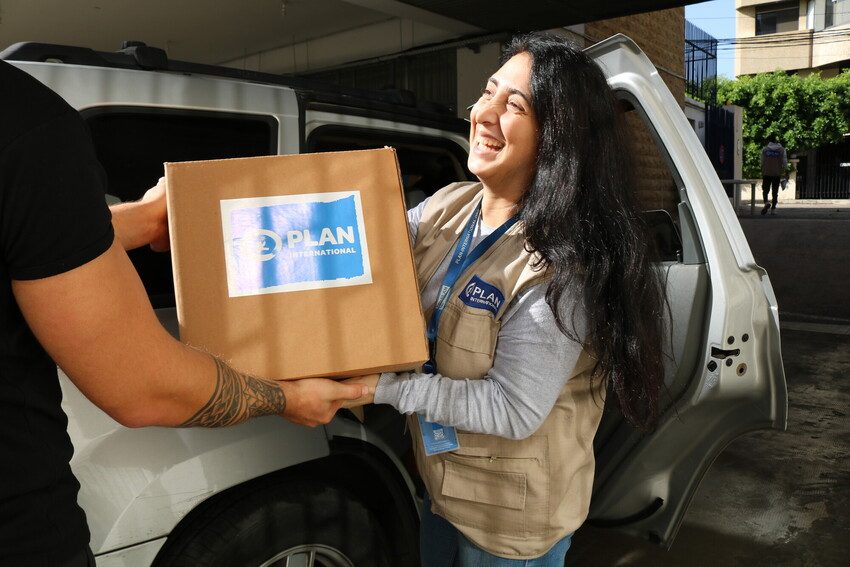A human crisis: Refugee hotspots around the world
We are witnessing the highest levels of human displacement in history. Hear from people in the refugee hotspots around the world.
We are Plan International; we are an international humanitarian and development non-governmental organisation (INGO) present in over 80 countries. We work to support children and all civilians in humanitarian crisis, delivering humanitarian assistance and advocating for their rights in conflict.

Plan International’s response and policies during humanitarian emergencies and conflict are in line with International Humanitarian Law and the Geneva Conventions, guided by humanitarian principles and values:
Human suffering must be addressed wherever it is found. The purpose of humanitarian action is to protect life and health and ensure respect for human beings.
Humanitarian actors must not take sides in hostilities or engage in controversies of a political, racial, religious or ideological nature.
Humanitarian action must be carried out on the basis of need alone, giving priority to the most urgent cases of distress and making no distinctions on the basis of nationality, race, gender, religious belief, class or political opinions.
Humanitarian action must be autonomous from the political, economic, military or other objectives that any actor may hold in relation to areas where humanitarian action is being implemented.
International humanitarian law (IHL) sets out rules for once war happens. States set-up these rules to protect the civilian population from hostilities.
This video from the International Committee of the Red Cross explains obligations and principles of International Humanitarian Law including Distinction, Proportionality, and Precautions that parties to conflict, whether they are a government or a non-state armed group have to follow. The ICRC is an independent, neutral organisation which ensures humanitarian protection and assistance for victims of armed conflict and other situations of violence.
The Geneva Conventions and their Additional Protocols are a core part of IHL – and are essential for limiting the barbarity of war. They are meant to protect civilians, including on occupied territory, aid workers and those combatants who can no longer fight whether they are wounded or prisoners of war.
Civilian hospitals organised to give care to the wounded and sick, the infirm and maternity cases, may in no circumstances be the object of attack, but shall at all times be respected and protected by the parties to the conflict.
Plan International champions the principles and obligations in International Humanitarian Law and the Geneva Conventions. We call for unhindered access for humanitarian workers and relief items.
Plan International condemns the targeting of civilians in conflict. Civilian lives must be protected under all circumstances.
We call on all parties to conflict (whether they are armed forces or non-state armed groups) to respect obligations and principles under International Humanitarian Law (IHL).
We condemn any and all instances of the six grave violations against children in conflict:
These grave violations against children in conflict can and should be prevented.
Airstrikes against homes, schools, hospitals, and other civilian gathering spots are unacceptable. Armed groups and forces must not recruit or abduct children.
Yes civilians are entitled to humanitarian aid.
Governments and parties to conflict have an obligation to facilitate safe and unhindered humanitarian access. Wilfully impeding relief supplies as part of the use of starvation of civilians as a method of warfare is a war crime. We condemn the denial of water and food to human beings in all situations.
As a humanitarian organisation, we support the Centrality of Protection in Humanitarian Action. Governments have the primary obligation and responsibility under IHL to respect, fulfil, and protect the rights of persons on their territory or under their jurisdiction.
International and national humanitarian organisations have a crucial role to play in alleviating human suffering and ensuring a strategic, comprehensive and collective approach to protection in humanitarian response.
Human suffering must be addressed wherever it is found. Humanitarians have a duty to help prevent and alleviate human suffering. Humanitarian workers and supplies must be able to access populations in need.
Refugees and internally displaced people have a right to freedom of movement and to claim asylum. They must be protected and supported.